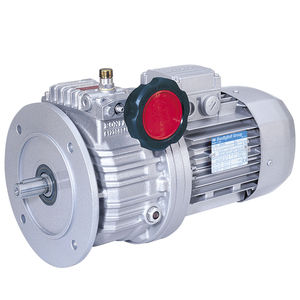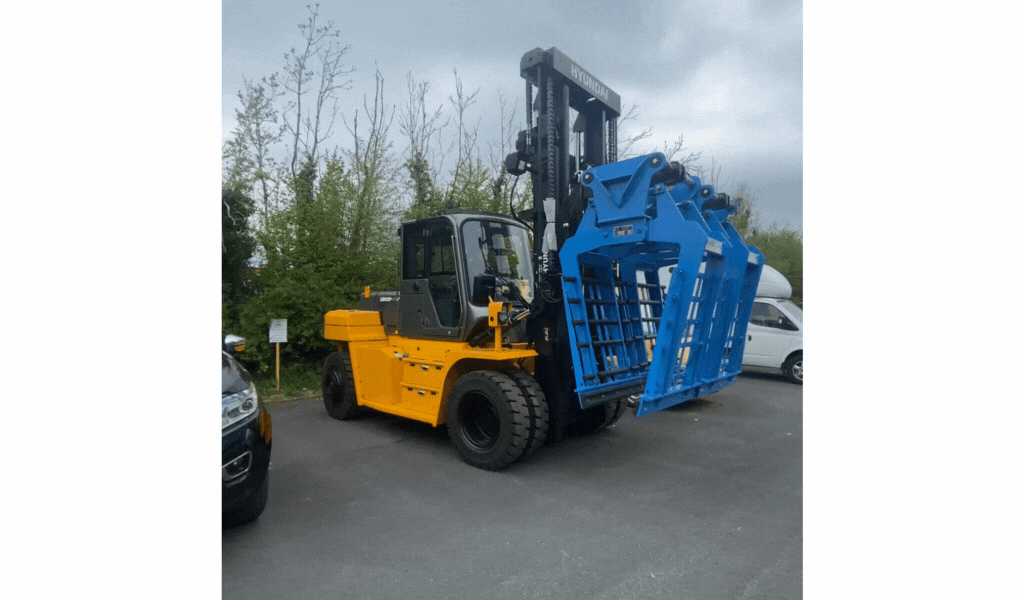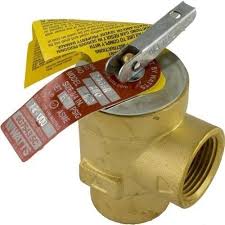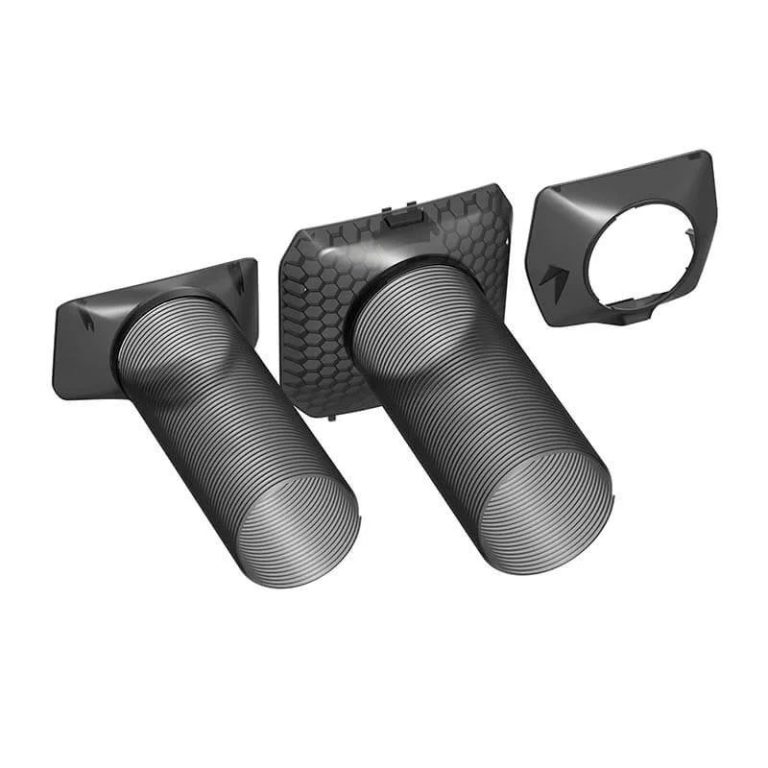Contents
- 1 Forklift Solenoid Valve: Three Words Can Change Everything
- 1.1 Sustainability Meets the Supply Chain: A Hidden Pain Point
- 1.2 Simple Calculations Went Wrong: The Efficiency Illusion
- 1.3 Tipping Point: What Determines Whether Solenoid Valves Are Green or Not?
- 1.4 Why You Should Choose the Right Forklift Solenoid Valve from a Green Perspective: Top 10 Environmental Benefits
- 1.5 The Unconscious Gain from Small Parts: What Does an Air Lift Valve for Forklift Trucks Tell You About Action?
- 1.6 How to Choose an Environmental Solenoid Valve for Your Forklift: A 10-Page Manual
- 1.7 The Work Case: How One Lighting Supplies Producer Turned Attention to Valves Into a Competitive Advantage
- 1.8 Proactive! Not Reacting, But Taking Action
Forklift Solenoid Valve: Three Words Can Change Everything
The forklift solenoid valve, an industrial component only three words in length, brings with it innumerable hidden impacts. In the clean, well-ordered world of LED interior lighting and the precise angle of spotlights, this small electromechanical device can seem like a mere cog of the hydraulic system that makes a forklift move. But look closely enough and you will find linkages which if not properly supervised must imperceptibly eat away at your green achievements, slow supply chains down when they should be smooth—and raise costs privately for no obvious reason.
Sustainability Meets the Supply Chain: A Hidden Pain Point
In LED lighting supply chains, where commodity fragility, inventory speed and warehouse flexibility determine almost everything else, the forklift solenoid valve plays a role rather different from mere lifting and lowering. When it malfunctions or flips midway inefficiently, leaking hydraulic fluid and consuming energy without bring value to any process or flow; then what do you get out of it? General delays! Further consequences include not only more damages, but also tension at work. No matter how heated and enervated, the entire environment will end up worse off in due course as long as this situation prevails.
Simple Calculations Went Wrong: The Efficiency Illusion
The scenario described earlier is typical in certain sectors. One warehouse can have an exceptionally high electric forklift fleet (as in LED-focused installations that seek to minimize CARB emissions). You’ve made great investments in store layout, adaptive LED spotlights around aisles for good light, and you’re constantly revising delivery schedules so that the least amount of resources need ever be at an actual delivery point before any handover takes place. But your people are putting down hitherto unheard of measures called “In-Service Downtime.” At first you figure it’s just driver practice—they always take a while learning anything new—but then gradually realize one by one that forklift solenoids are operating incoordination. Every minute they vacillate or drip away a quantity of muttered fluid and watt-hour power add up to gods know how many millions over the span of business’ life. One solenoid goes down, hydraulics are drifting; another is out of line leading to erratic lift action. Each—almost always under the visible threshold—adds up thousands of dollars fair between poultry manufacturers of some country like the United States would have to disassociate itself rights thin and for many years to come weary out again your energy bonds our liver ent.
It’s not just a hardware problem. This is actually a system-wide injury, which limits the entire eco-performance model.
Tipping Point: What Determines Whether Solenoid Valves Are Green or Not?
To use concrete examples, look at this real-world story. The electoral results in Germany and France were announced at about three o’clock.
An environmentally conscious solenoid valve, is it suggestions? Ingredients? Renewable life span and energy profile? This is where you can have your say.
Modern forklift solenoid valves at low-level failure rates feature magnetic isolation and hermetic designs, all of which minimize leakage and energy loss. However, many supply chains still operate with legacy models unwilling to accommodate the higher environmental expectations of today. A quick change—such as adding a more efficient actuator for the valves—can reduce electricity used by up to 20%. That’s tangible, especially for a site entirely lit by LED spotlights, which require round-the-clock, uninterrupted operation.
For example: “80%” The news from the Control Department is that while 60% of its old forklifts have been replaced with models equipped with new, low-power solenoid valves for hydraulic drives, not only did oil consumption also fall by 18% over one quarter, but overall energy bills decreased 12%.—At last! So we can now reinvest in cantilever lighting upgrades!
Why You Should Choose the Right Forklift Solenoid Valve from a Green Perspective: Top 10 Environmental Benefits
Here we shift to a strategic approach. Someone managing large inventories with narrow ecological constraints in lighting industry should find it helpful to adopt this format: Tips for All Environments.
Oil Use Reduced
New generation solenoid valves have a narrower gap between seals and hard, wear-resistant coatings that make their leaks over time very small indeed–reducing fluid consumed by 15%-25%.
Less Power Consumed
Low-wattage coils on forklift solenoid valves will lower a for battery-electric drain typically by close to 10%, which means fewer charge cycles in total and less waste of batteries when they can no longer hold charge.
Reduced Heat
Efficient valve designs reduce the thermal output of apparatus, which helps to stabilize temperatures in warehouses and support the LEDs’ performance.
Streamlined Control = Fewer Damaged Goods
Exact valve timing means gentler lifts and lower drops – a big advantage for fragile LED spotlights or lighting components.
Longer Forklift Life
Regular valve operation reduces hydraulic system strain, and adds an average of 8–12 months to forklift service life.
Smarter Inventory Management
With fewer valve issues in LED production, stocks move faster and there are fewer bad products and old stock problems to contend with.
Emission Savings through Effectiveness
Electric forklifts indirectly generate emissions in two ways at least, because of the many demands for electricity. Valves which are efficient can lower this demand, that is by making mechanical components more responsive and versatile.
Improved Workplace Safety
Consistent valve performance means no jerky mast movements, and that reduces the chance of mishaps down all about an involved tool in LED storage aisles.
Sustainability Milestones Increased
Facilities employing ecologically rated solenoid valves cite specific improvements on their carbon footprint in the energy audits and green certificates they produce.
Green Technology Instead of Cost Savings
Decreased fees for maintenance and energy will provide more money to for energy efficient upgrades in budgetary terms of lighting. You’ll be able to get motion-sensing LED office lights in without a fuss!

Lowering Energy Costs and Maintenance Saves Money
That can be used instead to upgrade old for new, emerging technologies that do not leave so much of a carbon footprint—like energy-efficient LED lighting frequently chosen by lit, was it mentioned transient workers?
But the accumulated ‘contents’ of this myriad of small wins made over time help construct a more responsive supply chain with lower costs and environmentally aligned principles.
The Unconscious Gain from Small Parts: What Does an Air Lift Valve for Forklift Trucks Tell You About Action?
Granted, these aside, the importance of a valve for the forklift small thing can produce such an effect—where else in “big-picture priorities” are we likely not yet aware?
Like team leadership, it is not chaos but friction points that make up most operational incidents. In the solenoid valve operation becomes a metaphor: small, hidden, critical.
Just as lighting designers worry about how to spread lumen output and spread heat, warehousepersons and their staff by contrast have got to take a closer look at the individual parts of machines. Whether robot or human, motivation is brought about by consistency, response time, and not giving resistance to movement. If your forklift fleet starts to hesitate, it is already bringing forth bottlenecks in execution—whether you are moving in all different directions pallet upon pallet or compact architecture lighting modules.
How to Choose an Environmental Solenoid Valve for Your Forklift: A 10-Page Manual
Now, before you even think “Where to go from here?”, the matter will start to program itself in a more practical 10-step guide explaining what lighting professionals need to know and do with the for long-term operational fit:
Check List Current Forklift Models
Some models have high and soaring maintenance costs; this is a good identification standard where the laying out of performance documents can all assist.
Check Battery Type Compatibility with the Solenoid Valve
For electrical lift trucks, be sure that the solenoid valve’s coil resistance matches up with the voltage system from your battery.
Opt for a noiseless, sealed design
In situations where product and people are simultaneously at stake and did not usually shake nearly to any considerable extent Seismic signifies silence for LED storage just as it does in rock concert halls, vibration or oil leaks have to be kept down.
Manufacturer Certificate Verified Valves
Manufacturer Certificates Checked: ISO 14001?
Train Valve Operators in Abnormal Operating Conditions
Most malfunctions start this way, and management should tell its workforce to watch for the following: The speed of a fork lifting upwards noticeably varies; hydraulic fluid appears out but is still midst one of its cycles. The mast jerks nervously from side to side.
This process not only protects your investment, but also enhances the overall order and cleanliness of your warehouse. For those in need of sensitive, precision-engineered LED parts it is just such an environment that they are looking for.
The Work Case: How One Lighting Supplies Producer Turned Attention to Valves Into a Competitive Advantage
In San Diego, a medium-cost lighting equipment factory changed its forklift from hydraulic valves to electronically controlled pilot-operated valves. This reduced noise levels in the warehouse by an astonishing 30% (a major boon to workers’ health) as well as eliminated six hours of downtime per week. The work hours saved included inspections, returns processing and other added-value services, resulting in a system that can only be called full-cycle efficiency and delight for customers.
Simply someone asking “what kind of valve are they using?”
Proactive! Not Reacting, But Taking Action
The time is now. Environmental standards are tightening. LED lighting companies are innovating. And everyone from architects to installers expects light to come with traceable responsibility. If your warehouse still thinks of forklift solenoid valves as an afterthought, you’re missing out on part of our strategic position.
Savings in the right areas do not simply mean a lower carbon footprint: they raise efficiency. They expose weaknesses within your whole chain of supply. They create balance where others could not even spot a lever.
So start looking there. Questions about how? For in the logistics of today, it is not likely that someone’s execution will fail by chance – it will be for want of a few small thoughts.



